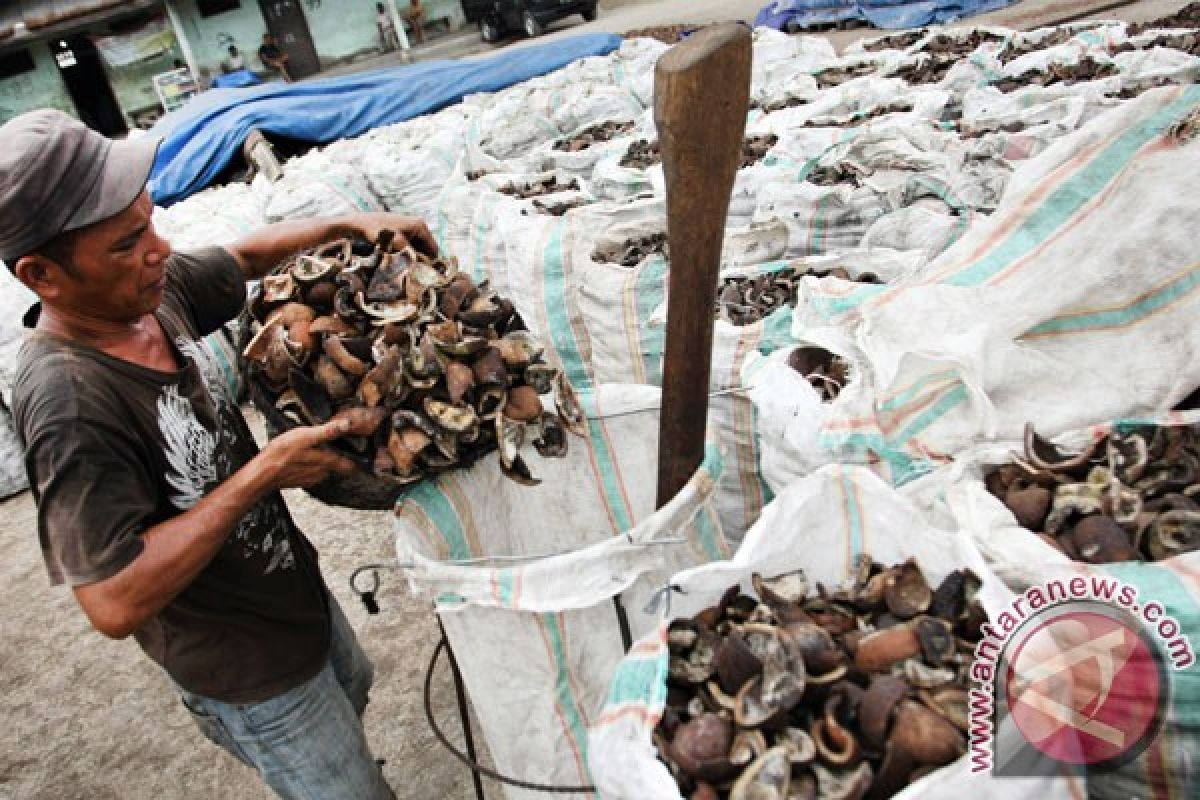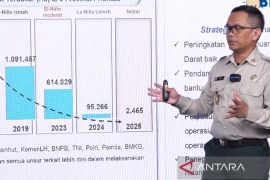The Directorate General of Training and Productivity Development at the Ministry of Manpower, Kunjung Masehat, through a press release on Thursday, said business opportunities in the agribusiness sector were promising, if taken seriously. However, some successful entrepreneurs are struggling in the field of creative agribusiness.
"In an era of trade liberalization, such as now, the main key is to increase product competitiveness. Likewise in the agribusinesses, " said Kunjung.
Kunjung explained further, in an effort to produce competitive products in the international market the government prioritized to produce competent workers through vocational training.
"This vocational training in the field of agribusiness at BLK Lembang is one example of government efforts to encourage the growth of independent entrepreneurs," said Kunjung.
In line with this, a member of the House of Representatives Commission IX, Mafirion, spoke of the importance of improving access and the quality of vocational training in Indonesia.
"In an effort to increase the competence of the workforce, increasing the capacity of training institutions and strengthening partnerships with the industrial world must be the focus of government attention," he explained.
Meanwhile, according to Chairman of the Livestock and Fisheries Division of APINDO, Antonius Joenoes Supit, there are at least three major steps to increase the added value and competitiveness of Indonesian agricultural products. The first step is to increase the capacity of human resources and institutional farmers.
"This is absolutely done because farmers are very vulnerable to the impact of free trade at this time. Open access to information, the development of innovation, as well as science and technology, and the expansion of marketing networks for farmers are still very much needed," he explained.
Second, improve the legal and policy frameworks. Synchronization of this policy is to be carried out, so that the existing ministries and institutions do not run independently.
"In addition, it is also necessary to weigh the policies of other countries. This is done because competitiveness, itself, does not stand alone, but is a result of domestic policies and the wisdom of other countries," Supit said.
Third, there needs to be infrastructure improvements and supply chain management, because, until now there has been no stable supply chain to guarantee the availability of goods.
Reporting by Aubrey Kandelila Fanani
Editing by Eliswan
Reporter: antara
Editor: Heru Purwanto
Copyright © ANTARA 2018












